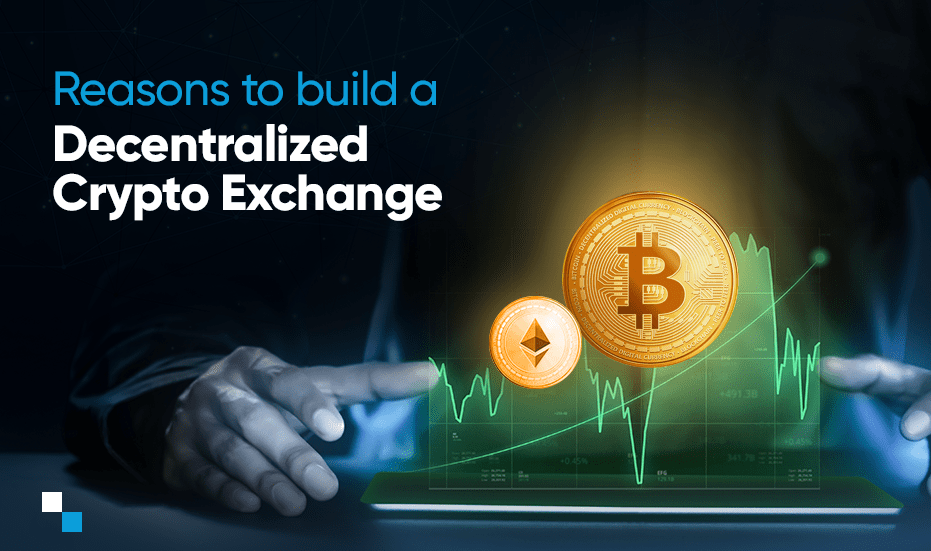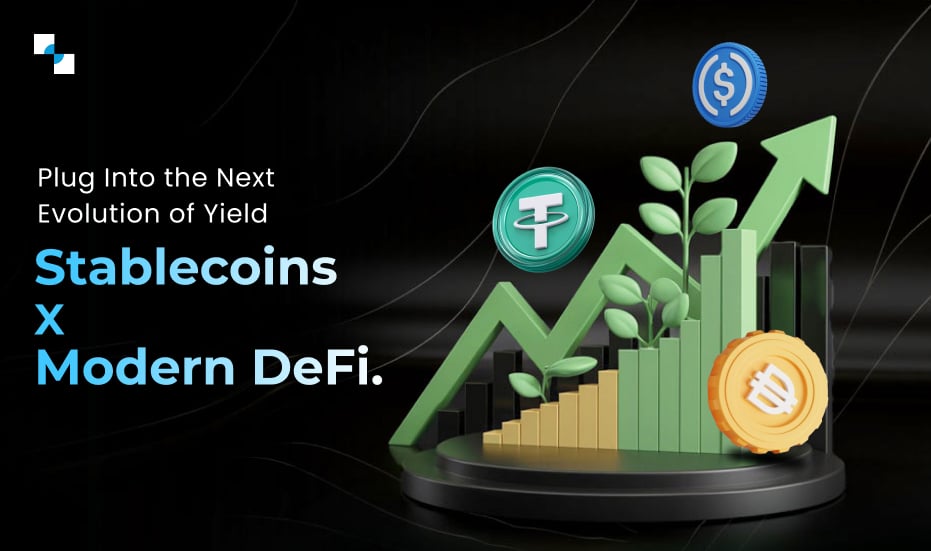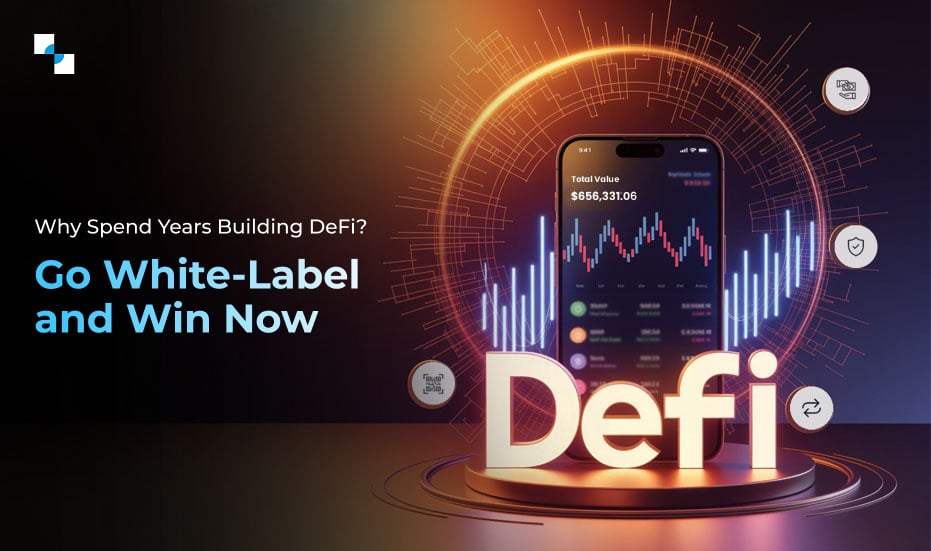In a recent interview, Binance Founder and CEO Changpeng Zhao (CZ) indicated that the days of centralized exchanges are numbered. According to CZ, the future of the blockchain industry lies in decentralization and that is why decentralized finance (DeFi) boomed in 2020. With DeFi exchanges, tokens, and protocols gaining so much momentum, centralized exchanges will become a transient product and will act as a bridge to the DeFi world.
Problems with centralized exchanges
The centralized exchanges come with an owner and for the safety of the user funds, they need to follow certain rules and regulations. Thus, in some ways, they are pretty much similar to traditional banks.
On the other hand, a DeFi exchange allows users to control their crypto funds. In addition to this, they do not have a third-party setup. Thus, the users enjoy enhanced privacy because these exchanges require no registration or KYC process. Additionally, there is no single point of failure like centralized exchanges.
The battle between the popularity of centralized exchanges (CEX) and DeFi exchanges (DEX) is an ongoing one. Since the popularity of DeFi exchange software is growing and thought-leaders like CZ are voicing their opinion in favor of DEX, DeFi exchange development has become a priority for many start-ups.
How does DeFi exchange software work?
The major difference between a centralized exchange and a DeFi exchange is that while using a CEX, the user needs to give up the custody of their funds. On the other hand, with a DeFi exchange, the user retains custody of his funds until the final trade takes place.
In order to trade the tokens, the users first need to place an order on the DEX. They are required to pick the assets against which they wish to conduct the trades, specify the number of tokens they wish to sell, the tokens’ cost, and a bidding timeline. Once their orders are live, the buyers can start submitting the bids. When a bid matches the order, a smart contract gets executed and the final transfer of assets is carried out.
Currently, three kinds of DeFi exchange software are very popular:
· On-chain order books
· Off-chain order books
· Automated Market makers (AMM)
Why build a Decentralized Exchange?
Running a decentralized Exchange or DEX offers the following advantages:
- No KYC
Major centralized exchanges that promise top-notch data-security fell victim to hacks. Data worth millions of dollars was stolen and the user trust was lost. The users of a decentralized exchange are not required to hand over any personal details to the exchange owner. That’s because no KYC process is involved and this takes off a huge burden from the shoulders of the DEX owner. Additionally, the traders can continue trading in a carefree manner.
- No Single point of failure
Decentralized exchanges are inherently secure. They are less prone to hacks since as there is no single point of entry. In order to attack a decentralized exchange, the attacker needs to penetrate multiple nodes simultaneously. As the exchange operation is distributed, even if a node or two is compromised, the security of exchange remains intact. In addition to that, the users are not required to hand the custody of their funds of the DEX owner. Thus, the users continue to be the custodians of their funds until the final trade is executed.
Ultimately, the idea behind any DEX is that the users are not required to trust any third party in the process. However, the success of a DEX depends on a couple of parameters that need to be well strategized.
- User-friendly interface
DEX development is still evolving. Thus, they do not come with interfaces as user-friendly as the centralized exchanges. For a novice trader using a DEX could be a nightmare and he might end up losing his funds. Hence, there is a huge market demand for DEXs that offer intuitive interfaces.
- Liquidity pools
Undoubtedly, CEXs are much more popular than DEXs. Thus, centralized exchanges have deeper liquidity pools. Effectively, this creates an illiquid market and the bids and asks might have huge differences. Due to these, the trades might not execute at a fair price. A DEX that is intuitive enough and marketed in the right way can easily attract a deeper liquidity pool and overcome this challenge.
To wrap
In the last couple of years, the popularity of decentralized exchanges has shot up significantly. If the momentum continues, the pressure to build efficient and intuitive DEXs will build up. And this offers a great opportunity to penetrate a futuristic market and become a market leader.
At Antier Solutions, we specialize in DeFi exchange development. Our blockchain engineers have rich experience and expertise in building secure crypto exchange platforms with high transaction processing speed and market-leading features.
Connect with our subject matter experts to share your needs.







